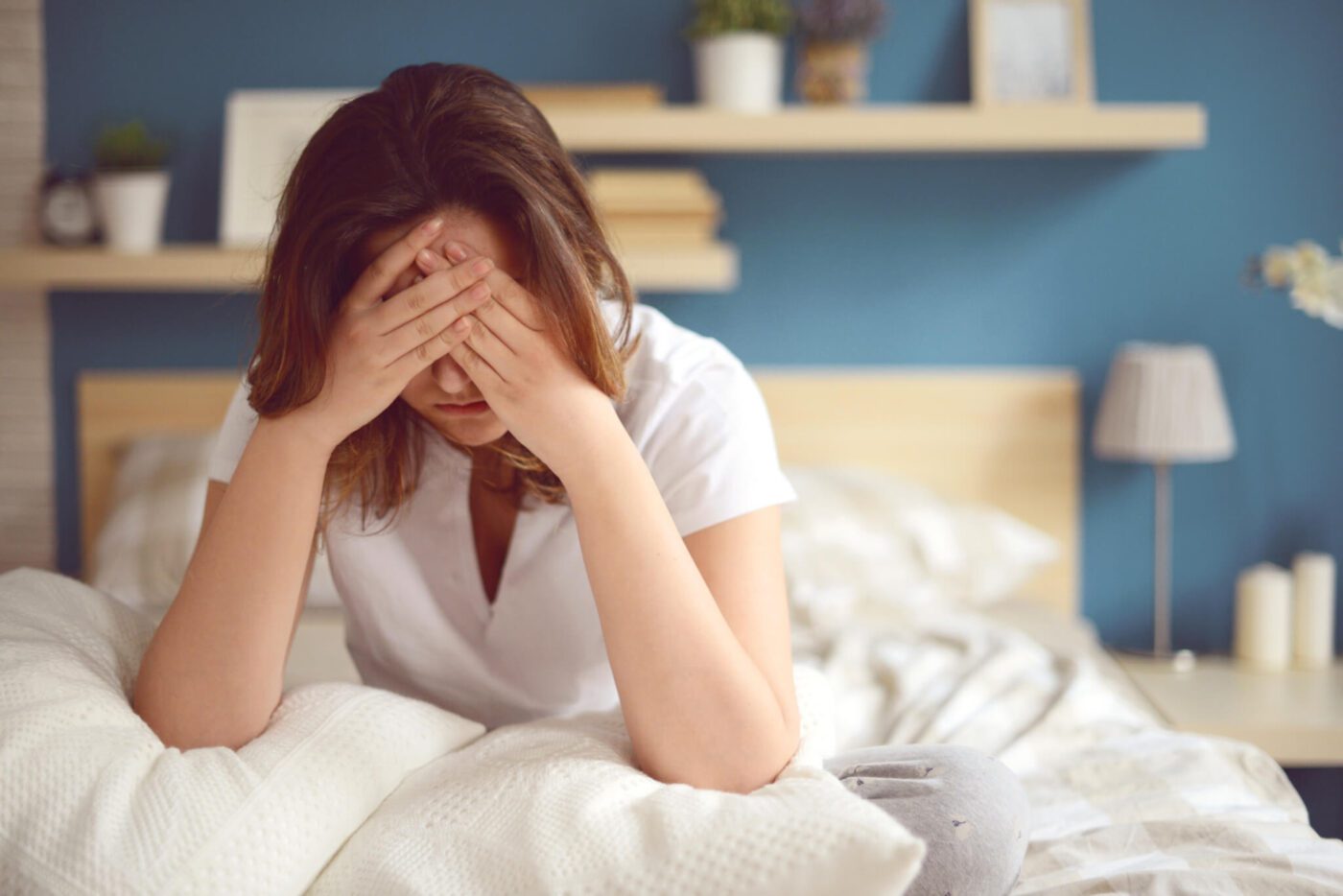Migraine is ranked as the seventh most disabling disease in the world
Quick facts about migraines
- Women are three times more likely to suffer with migraine than men, which is likely to be attributed to hormones
- Migraines can be deliberating and seriously impede the quality of life for many sufferers with the effects lasting hours through to days
- They are extremely painful and vary in intensity and duration
- Migraine symptoms include: nausea, vomiting, sensitivity to light and sound
Migraine costs the economy billions of pounds each year
The condition is ranked globally as the seventh most disabling disease amongst all diseases. It is the least publicly funded neurological illnesses in respect to its economic impact. In fact, it is one of the biggest causes of work absenteeism in the UK and costs the economy over £3 billion per year with 25 million lost days of work.
Lengthy NHS waiting lists delay essential appointments with neurologists
Dr Steven Allder, Consultant Neurologist at Re:Cognition Health, believes that the UK is dismissive of migraine. He notes that some patients wait up to 18 weeks for appointments with neurologists.
Dr Allder comments: “Countries such as Germany have dramatically reduced work absenteeism caused by migraine with the implementation of migraine centres which provide rapid diagnosis and follow up for patients, which is really important. Setting up such centres in the UK would have huge benefit to the treatment of individuals, the economy and also the NHS, which spends an estimate of £150M a year on the disease.”
Dr Allder’s tips for migraine management
Review your lifestyle
When people are getting the same repetitive headaches they should review factors such as stress, anxiety, sleep, exercise, diet and hormones. Try to make lifestyle adjustments e.g. decrease stress, increase sleep, drink more water etc to improve and ultimately eliminate the onset of migraines. Many people also have success with non-drug complementary therapies such as chiropractors, acupuncture and cranial therapy so individuals may wish to explore these various options.
Symptoms diary
Make a record of your migraines to review with medical expert to help speed up the diagnosis process. Record the following factors:
- Pain intensity (1-10)
- Location of pain
- Type of pain
- Duration – number of hours and changes in symptoms throughout this period
- Symptoms (vomiting, noise / light sensitivity, restricted vision ability to perform tasks e.g. not able to walk, work, restricted vision etc.)
- Menstrual cycle (if applicable)
Food Diary
food intolerances as well as allergies and dietary habits such as dehydration, fasting and skipping meals can trigger the onset of migraines. Common offenders include coffee, carbonated drinks, alcohol, citrus fruit, cheese, nuts and chocolate. Make a record of meal and snack times as well as quantities consumed.
Research family history
Genetic disposition explains why some people experience migraines more than others. Therefore it’s advisable to understand as much as possible on the circumstances and treatment. Symptoms, medication, what was and/or wasn’t successful are useful evidence in supporting the diagnosis.
Seek medical advice
Your GP will conduct a physical examination to check the function of the nervous system, blood pressure, vision and neck pressure. You should discuss medication and drug history at your appointment. GP’s will be able to prescribe medication and refer to a neurologist or other medical experts if applicable. Migraine and food diaries and family history will assist in speeding up both diagnosis and referrals.
How to prepare for a migraine
Some migraine sufferers feel an “aura” before the onset of the migraine. This can include: visual disturbances, blurred vision and coloured spots or sensations such as numbness, dizziness and pins and needles. Preparing for a migraine could help to reduce the symptoms. Preparation includes:
- Water – have water easily accessible, it is important to keep hydrated
- Have medication to hand – taking this at the earliest stage is key for many people
- Sensory distractions – have things like wet towels to soothe the head and sunglasses for bright light
- A quiet, dark room for sleeping
- Emergency contact numbers to hand
 Visit our USA website
Visit our USA website





